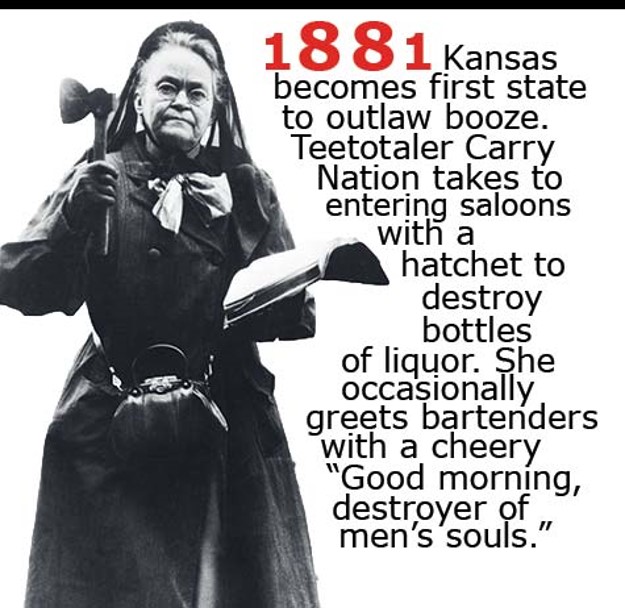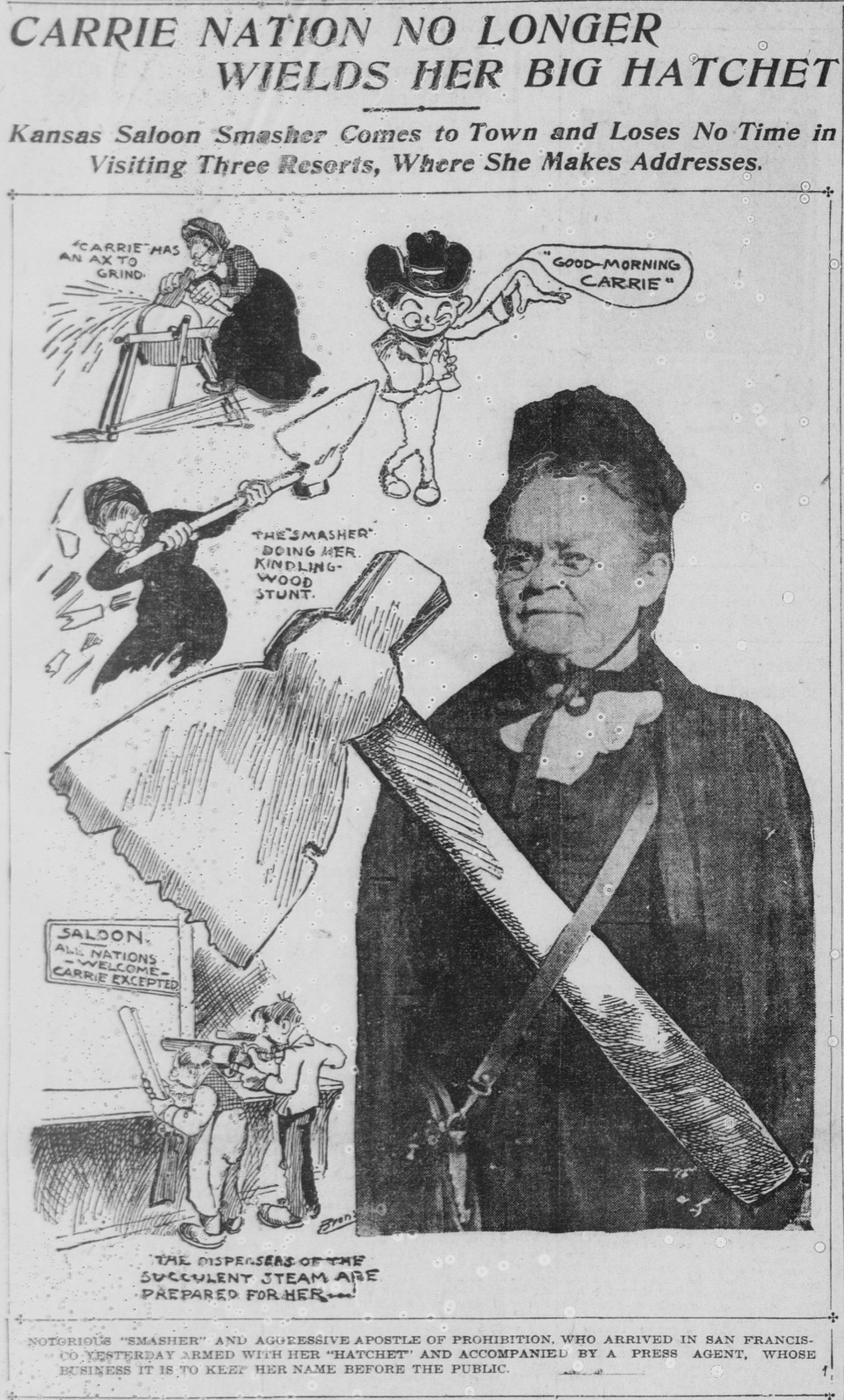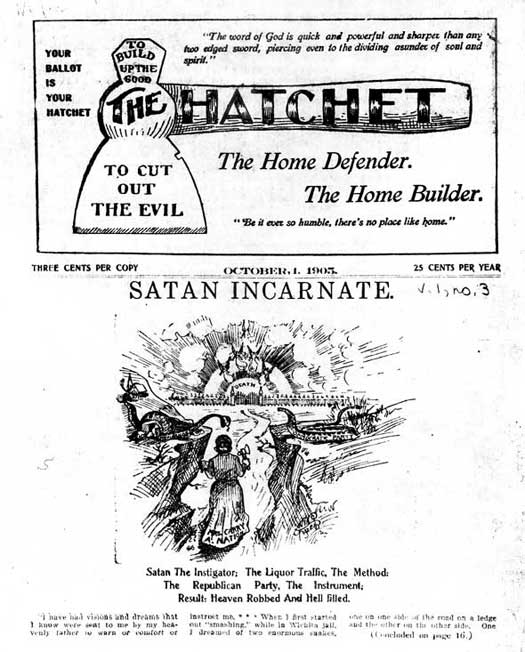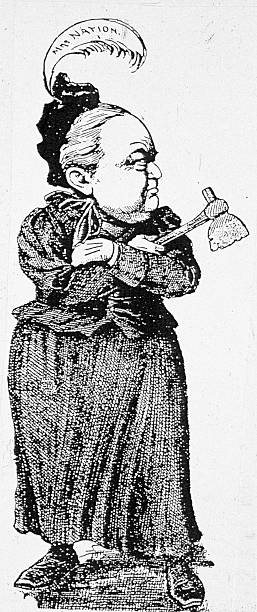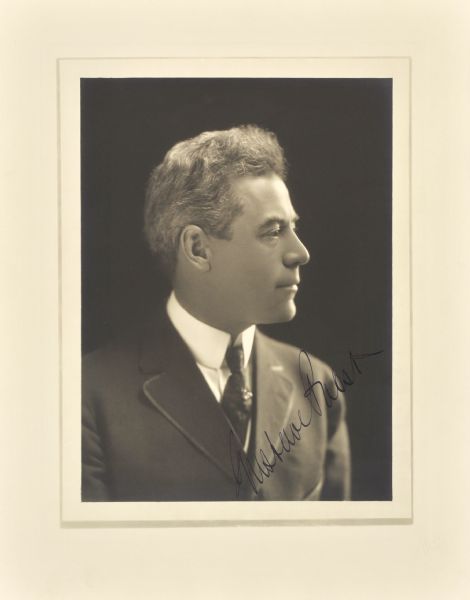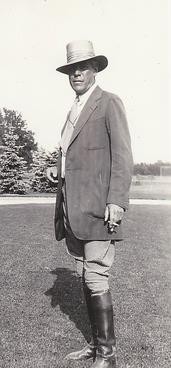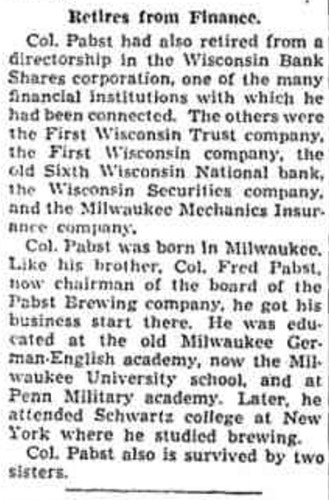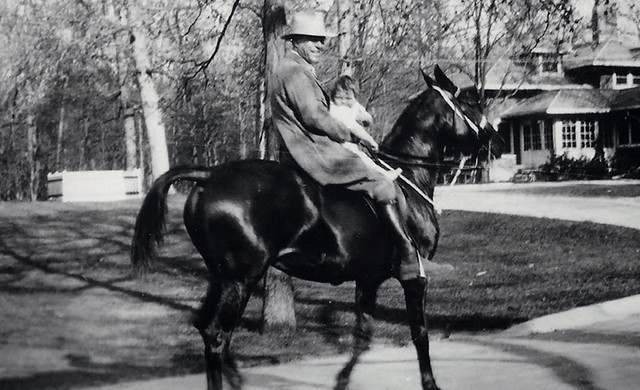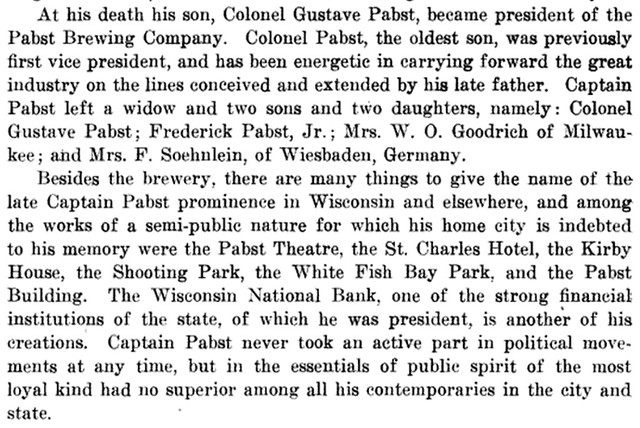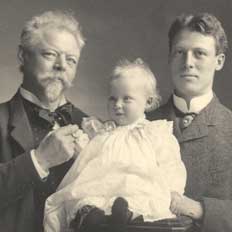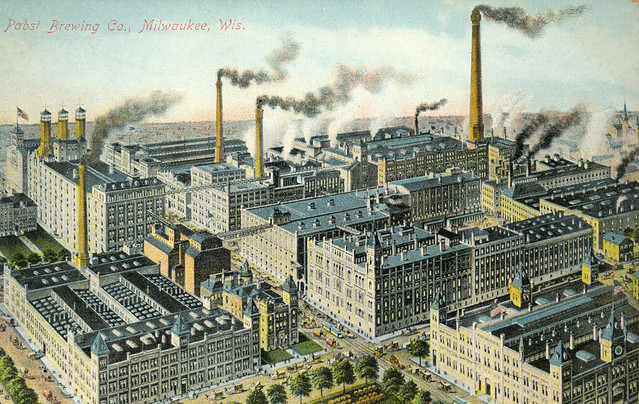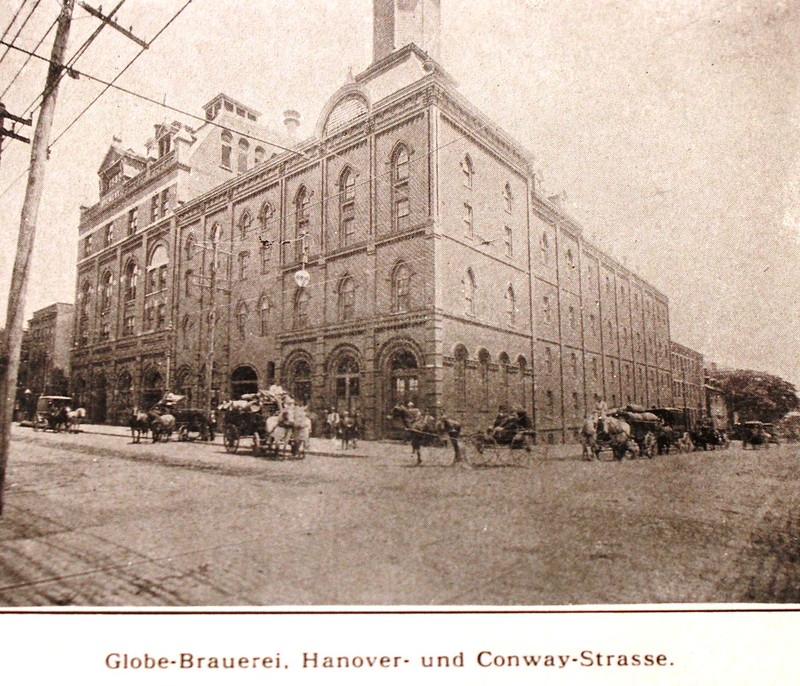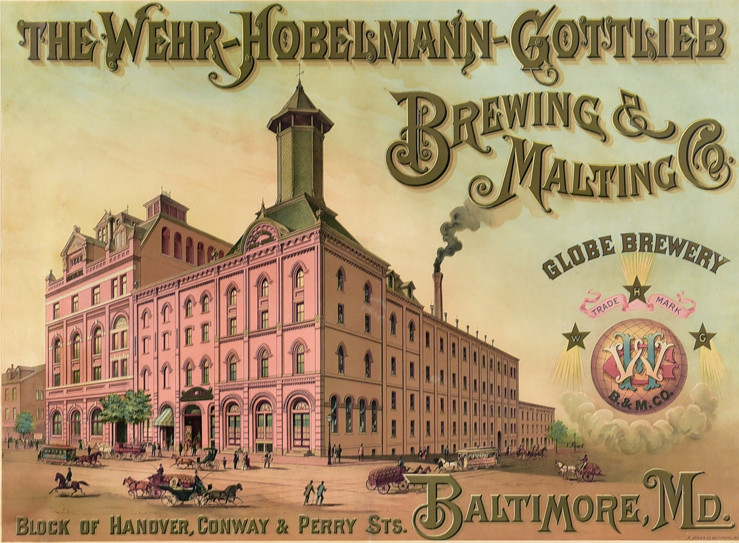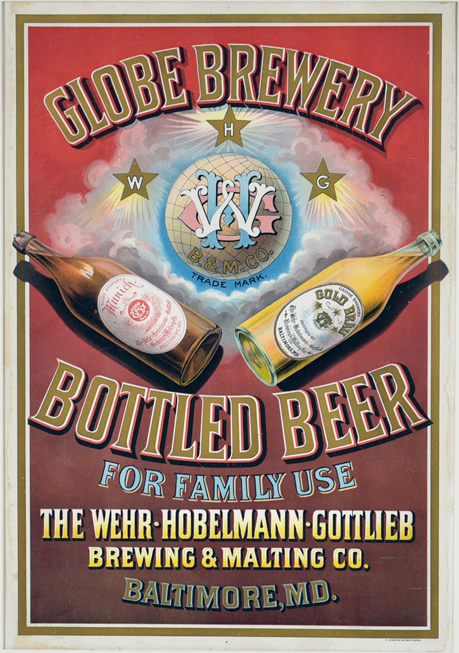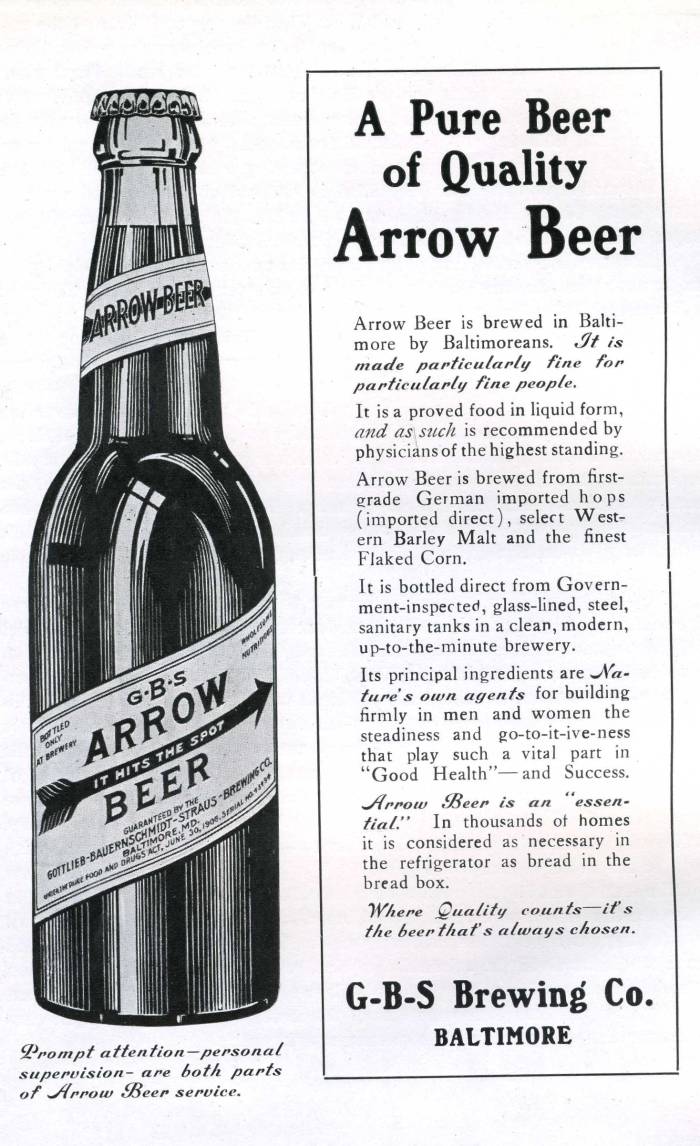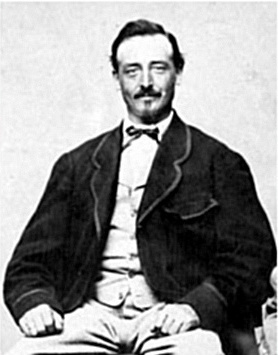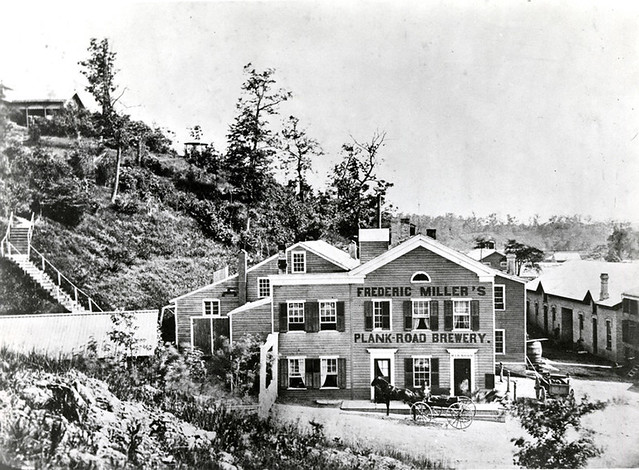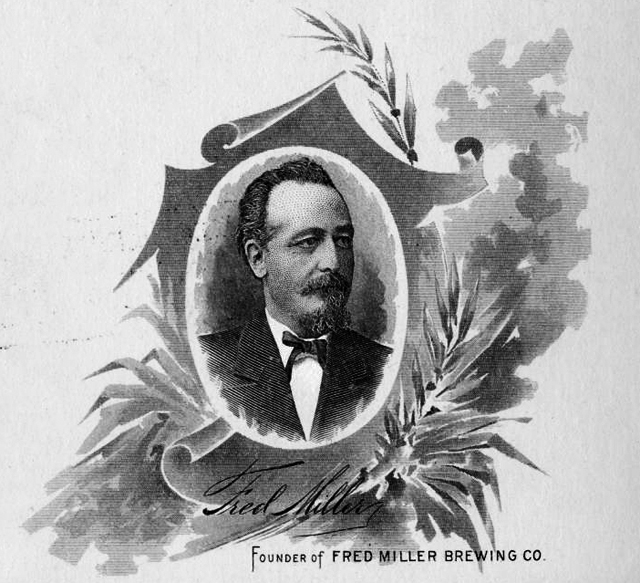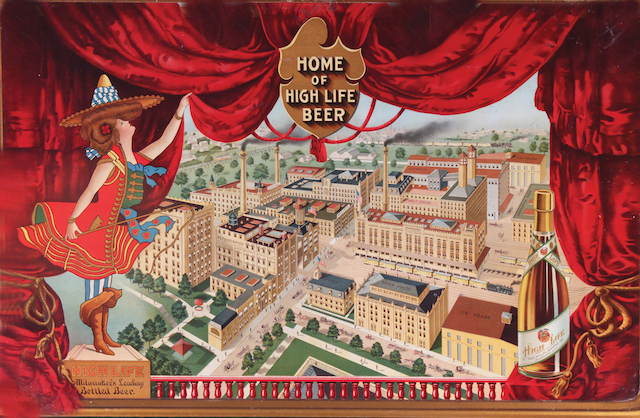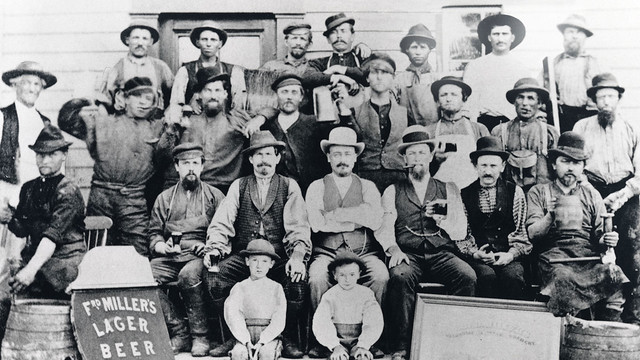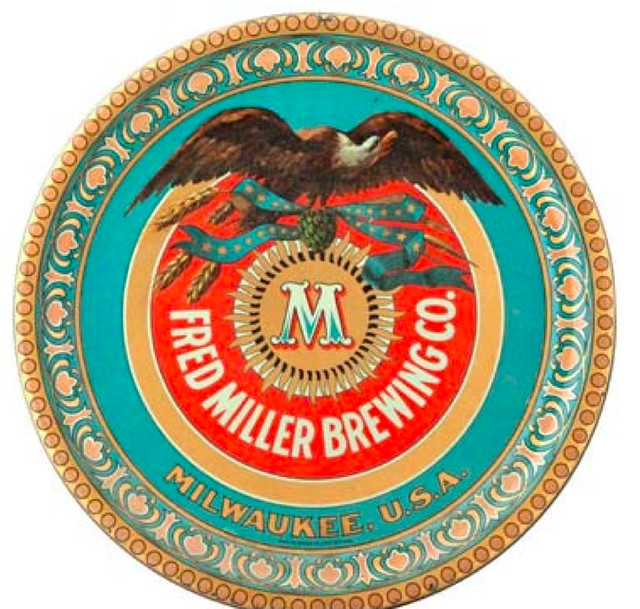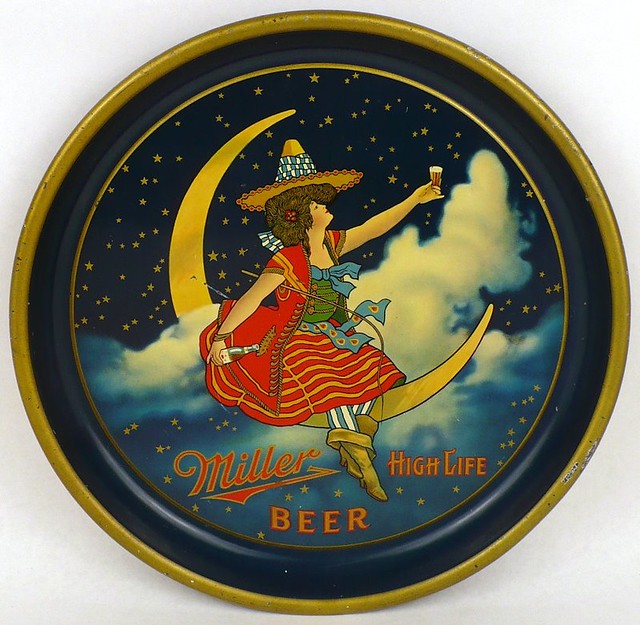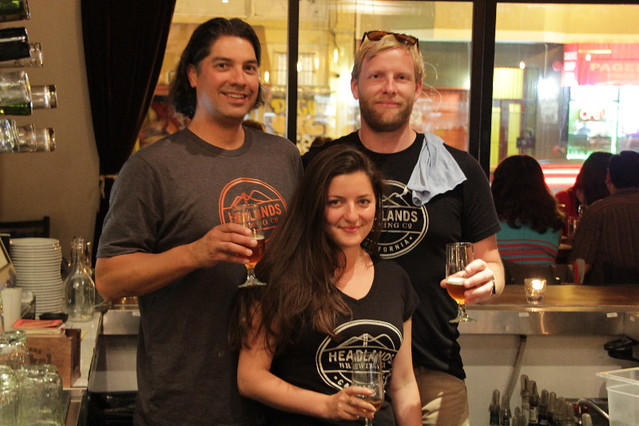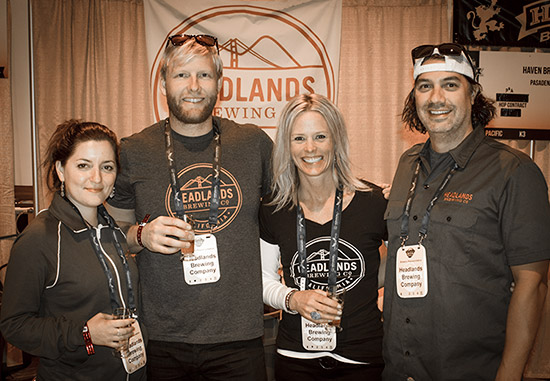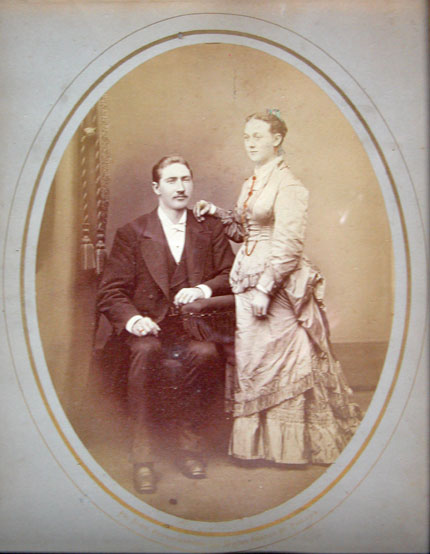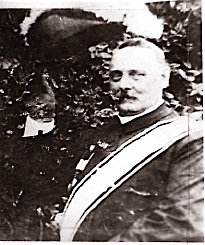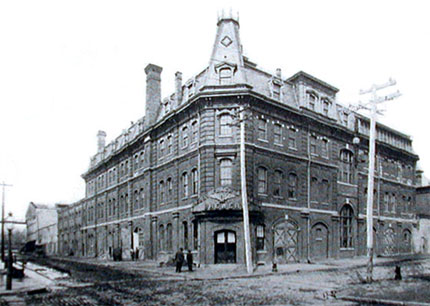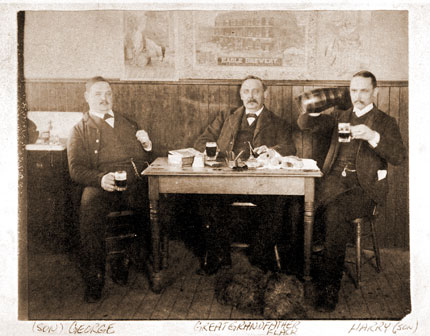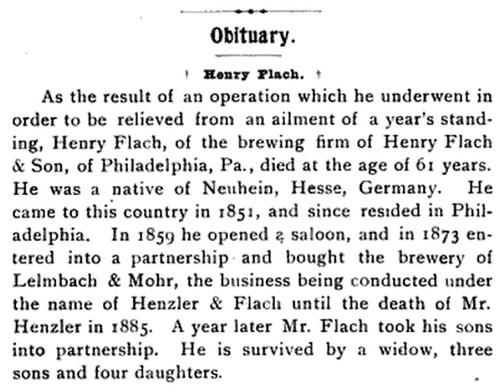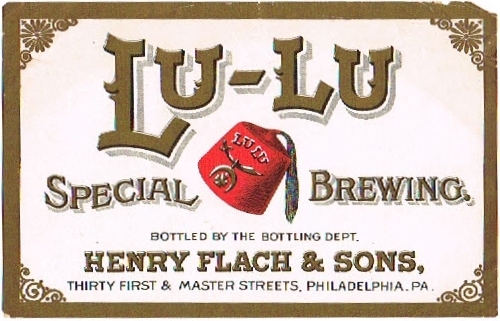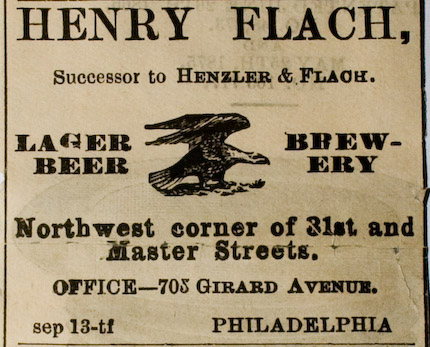![]()
Today is the birthday of Georg Schneider (November 26, 1817-1890) who co-founded G. Schneider & Son along with his son Georg Schneider II in 1872. Georg leased the royal ‘Weisse Brauhuas’ Hofbräuhaus in Munich in 1855 and purchased from King Ludwig II the right to brew wheat beer in 1872. Georg, along with his son acquired the so-called Maderbräu Im Tal 10′ in 1872.
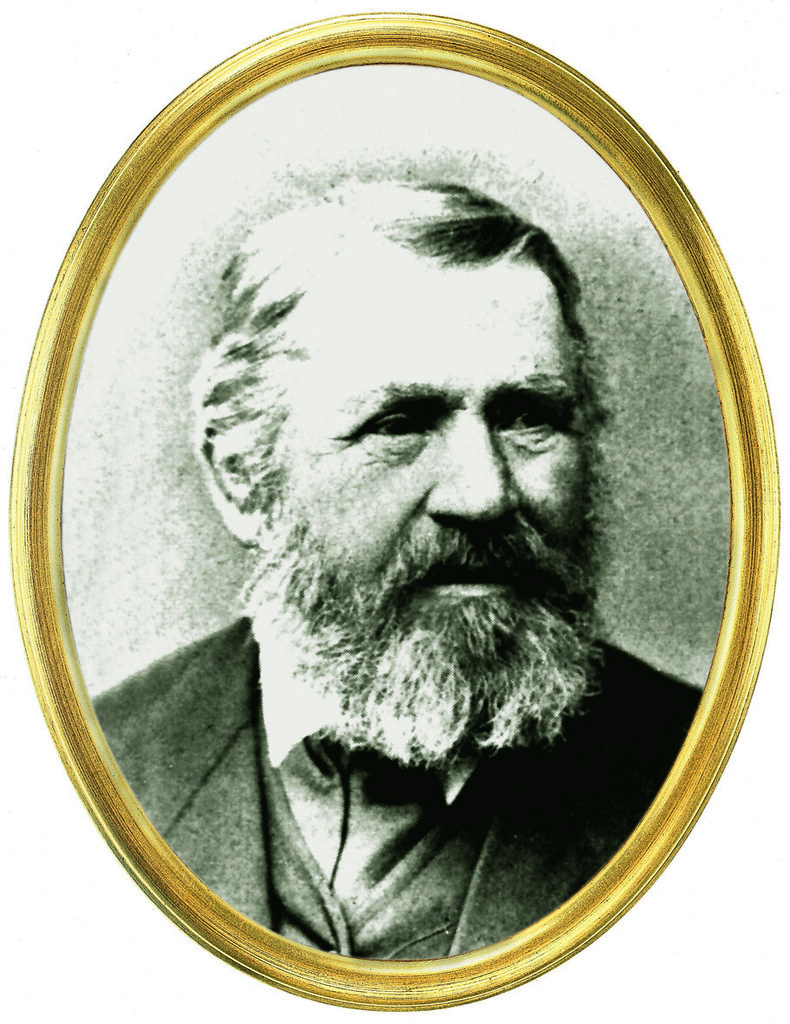
Both he and his son passed away in 1890, and his grandson, Georg III, took over the brewery even though he was barely 20 at the time, and today George VI still owns and runs the brewery.
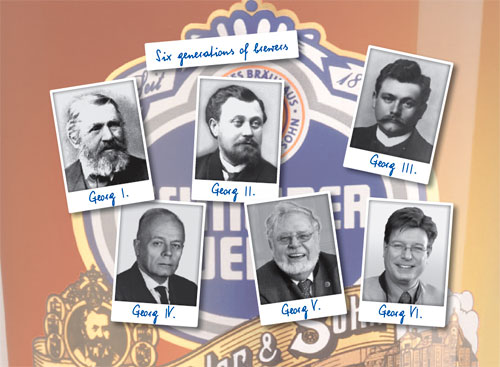
Here’s what the brewery website has about their history:
The history of wheat beer is also the history of the Schneider brewing family and its famous Schneider Weisse. Georg I Schneider, as the wheat beer pioneer and creator of the Schneider Weisse Original recipe (which is still used today), is revered by all wheat beer connoisseurs.
Two-hundred years ago, wheat beer could only be brewed by the Bavarian royal family in their reweries. In 1872, King Ludwig II discontinued brewing wheat beer due to a steady decline in sales.
That same year, he sold Georg I Schneider the exclusive right to brew wheat beer. Thus, the Schneider Family saved wheat beer from extinction. Today, Georg VI Schneider is running the brewery in Kelheim, which the family acquired in 1927 and has remained the Schneider Weisse brewery to this day. It is the oldest wheat beer brewery in Bavaria; wheat beer has been brewed there without interruption since its founding in the year 1607.
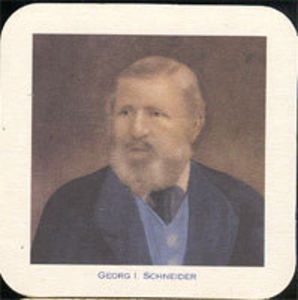
The Schneider Brauhaus has a slightly different history of the Schneider story:
Georg Schneider I was a tenant of the Königlich Weissen Hofbräuhaus in Munich between 1855 and 1873. On the basis of the prevailing narrow conditions, the production of white beer was to be abandoned. The victory of the lower-fermented beers (at that time known as brown beer) could no longer be stopped in Bavaria.
Georg Schneider I believed, however, that the old top-breed brewing method had a future. Therefore, during the reign of King Ludwig II, he negotiated with the Bavarian court brethren about the replacement of the Weissbierregal (the right to brew Weissbier). The latter believed that he could give the request, since Weissbier was no longer allowed any chance.
At the same time Georg Schneider I had the opportunity to purchase the abandoned Maderbräu. After about a year of conversion, he began to produce his own white beer together with his son Georg Schneider II. The “Schneider Weisse” was born and the “Weisse Bräuhaus G. Schneider & Sohn” from the original Maderbräu became. Georg Schneider I himself was responsible for the business and found in his wife Maria Anna, born Hettel, an efficient cook and economist.
Overall, the acquisition of Georg Schneider I was a speculation with a high level of commitment. The success did not fail. The influx of guests, who wanted to enjoy a “delicious mouth beer” soon surpassed all expectations. George Schneider I is rightly referred to as the Weissbierpionier, who has rescued the superior brewing methods in their original form into modern times.
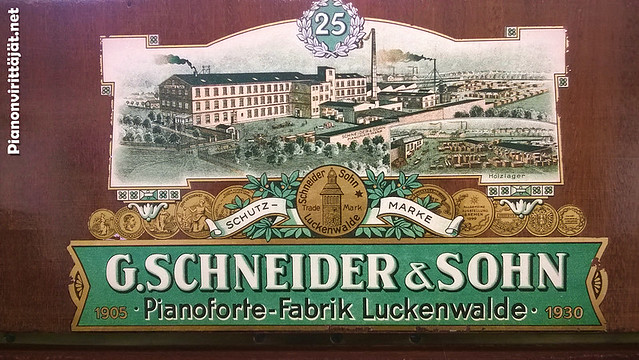
The “Weisses Bräuhaus” in Munich, Tal (or Thal) is the founding place of their brewery. It’s the place where Georg Schneider I brewed his first Schneider Weisse Original in 1872.
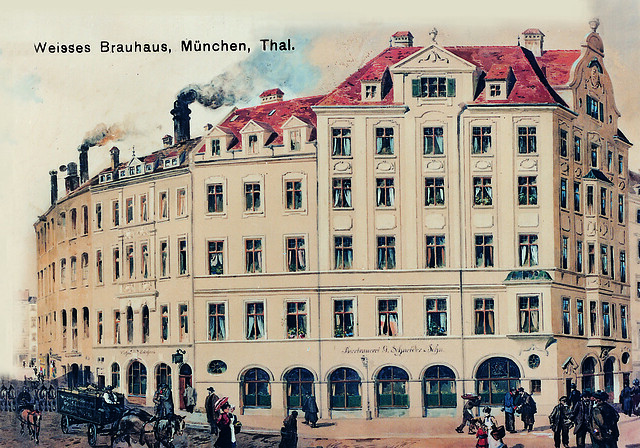
“In 1927 the owners, who to this day are descendants of Georg Schneider I, expanded their brewing operations into Kelheim and Straubing. After the breweries in Munich were destroyed in 1944 by aerial bombardment by the Allies of World War II, the entire production was relocated to Kelheim.”
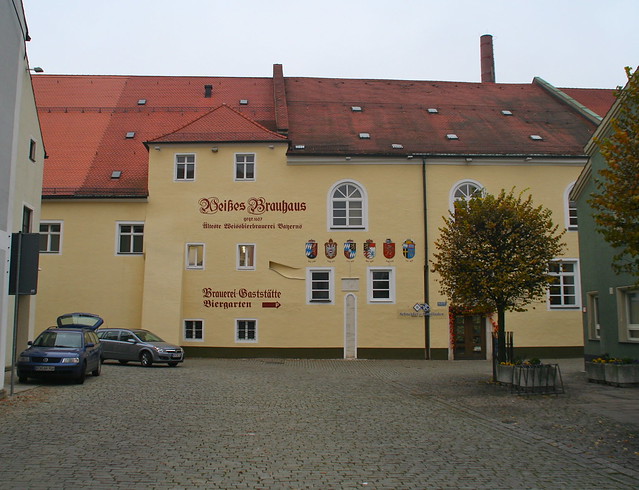




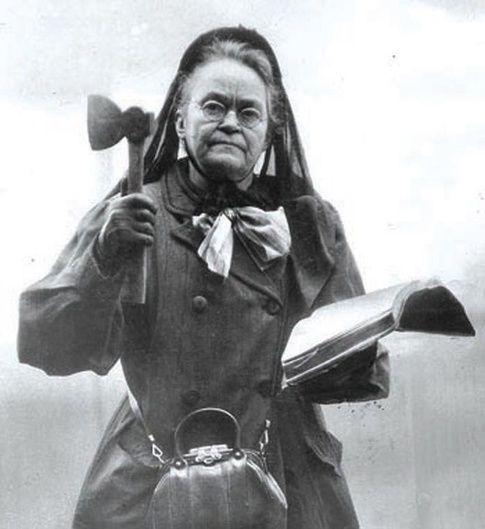
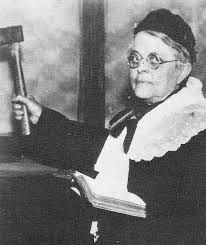
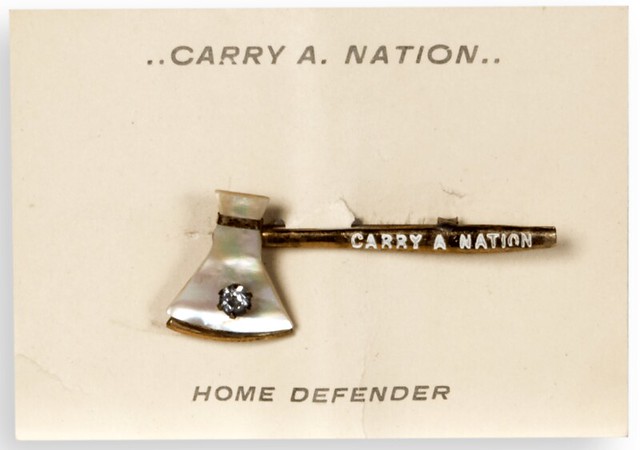 She even sold hatchet pins.
She even sold hatchet pins.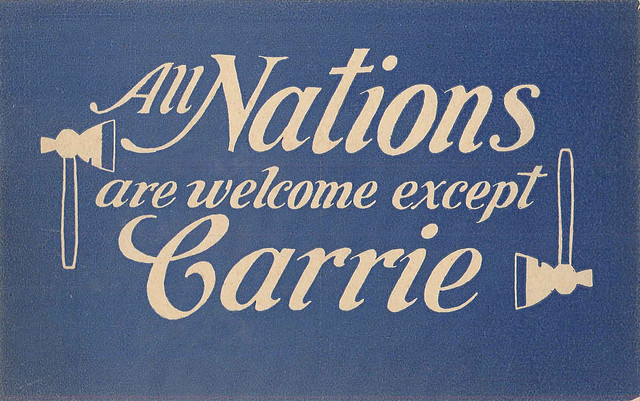 A common sight in bars and taverns at the time.
A common sight in bars and taverns at the time.